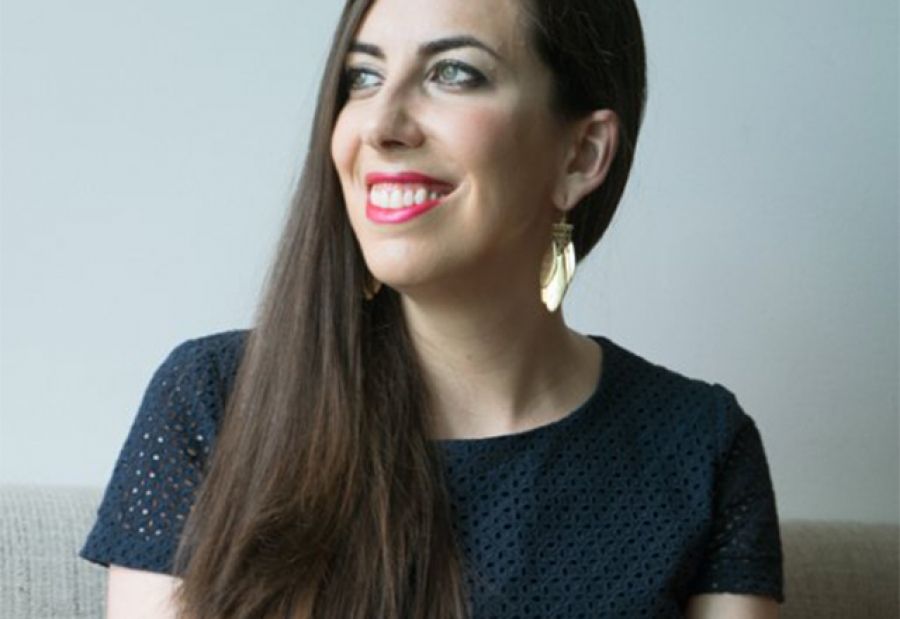
- Free Article: No
- Contents Category: Poet of the Month
- Custom Article Title: Sarah Holland-Batt is Poet of the Month
- Review Article: No
- Online Only: No
- Custom Highlight Text:
My first poetic influences were all American, due to the fact that I spent my critical early reading years in the United States. My poetic imagination is steeped in the disjecta membra of poets like Bishop, Stevens, Bogan, Dickinson, Ammons, Lowell, Moore, Hughes, Rich, and Eliot; I couldn’t erase their presence if I tried. Bishop, in particular, is a poet I never tire of – her forensic eye and tremendous command of the line are extraordinary. Beyond those earliest influences, there are too many poets to begin naming names, for fear of never stopping. Recently, I’ve been blown over by the exquisite, savage poems of Pascale Petit, particularly those in Fauverie.
Are poems ‘inspired’ or mainly the work of craft?
Both. I can’t work on a poem if I don’t feel any impetus, and I have abandoned many poems where I feel an impetus but can’t find a successful entry point into my subject matter.
What prompts a new poem?
A sort of niggling, perhaps best compared to the sort of irritation that builds up layers of nacre from a grain of sand inside an oyster. Sometimes the process produces a pearl; at other times, a misshapen mess (or mass).
What is the difference between poetry and prose?
The simple answer is line breaks. The longer answer has to do with the poet’s sense of spatiality, which to me is akin to a painter’s or sculptor’s. Form, composition, and space are present in poetry in a way that distinguishes it from other modes of writing.
What circumstances are ideal for writing poetry?
In my case, travel, movement, and change. As Mark Strand once wrote, ‘I move / to keep things whole.’
Which poet would you most like to talk to – and why?
Dorothy Parker, over a Whiskey Sour or three, for all the obvious reasons.
What do poets need most: solitude or a coterie?
I like a mixture of solitude and company, but coteries don’t appeal to me. I’d take company over a coterie any day.
What have you learned from reviews of your work?
That my sex seems to be vastly more important to reviewers’ understanding of my work in this country than it is to my own. The modifier ‘female’ seems to be permanently affixed to the noun ‘poet’ in my case. It does grate a bit.
If plato allowed you to keep one poem or poetry collection in his republic, what would it be?
Something by Elizabeth Bishop, probably – let’s say ‘One Art’.
Do you have a favourite line of poetry?
‘Let be be finale of seem’ – Wallace Stevens
Is poetry generally appreciated by the reading public?
Yes. Perhaps not so widely in Australia as it is elsewhere, but I find the obsession with the supposed impending death of poetry to be hyperbolic. Poetry will always have readers – perhaps not multitudinous readers, but devoted, intelligent, and ardent ones, which, on the balance of things, is better.
Sarah Holland-Batt’s most recent book of poems is The Hazards (2015, UQP), which has been shortlisted in the Western Australian Premier’s Book Awards, the NSW Premier’s Kenneth Slessor Prize for Poetry, the AFAL John Bray Memorial Poetry Prize, and the Queensland Literary Awards Judith Wright Calanthe Award. She is the editor of The Best Australian Poems 2016 (Black Inc.), and works as a Senior Lecturer at QUT and the poetry editor of Island.


Comments powered by CComment